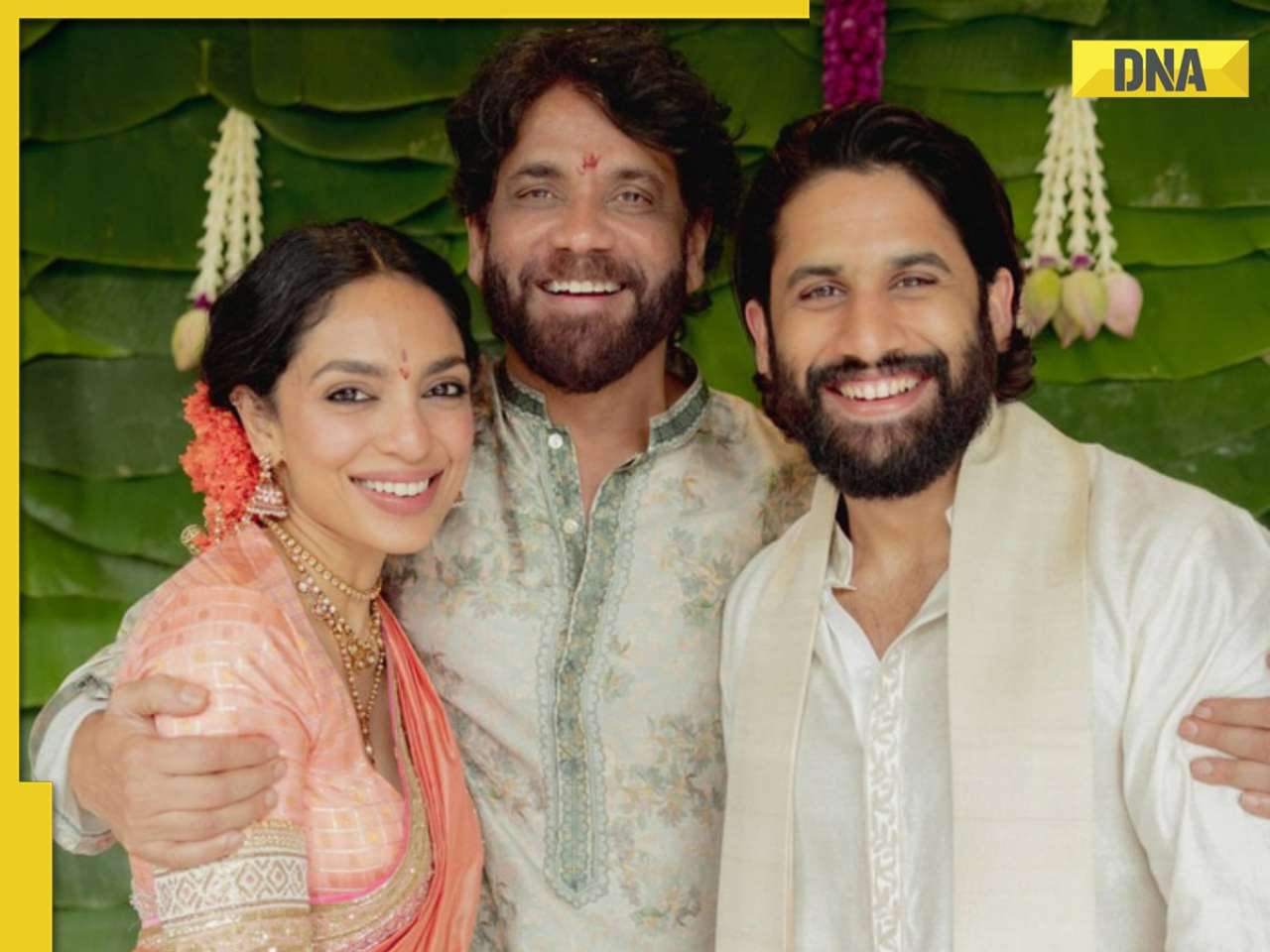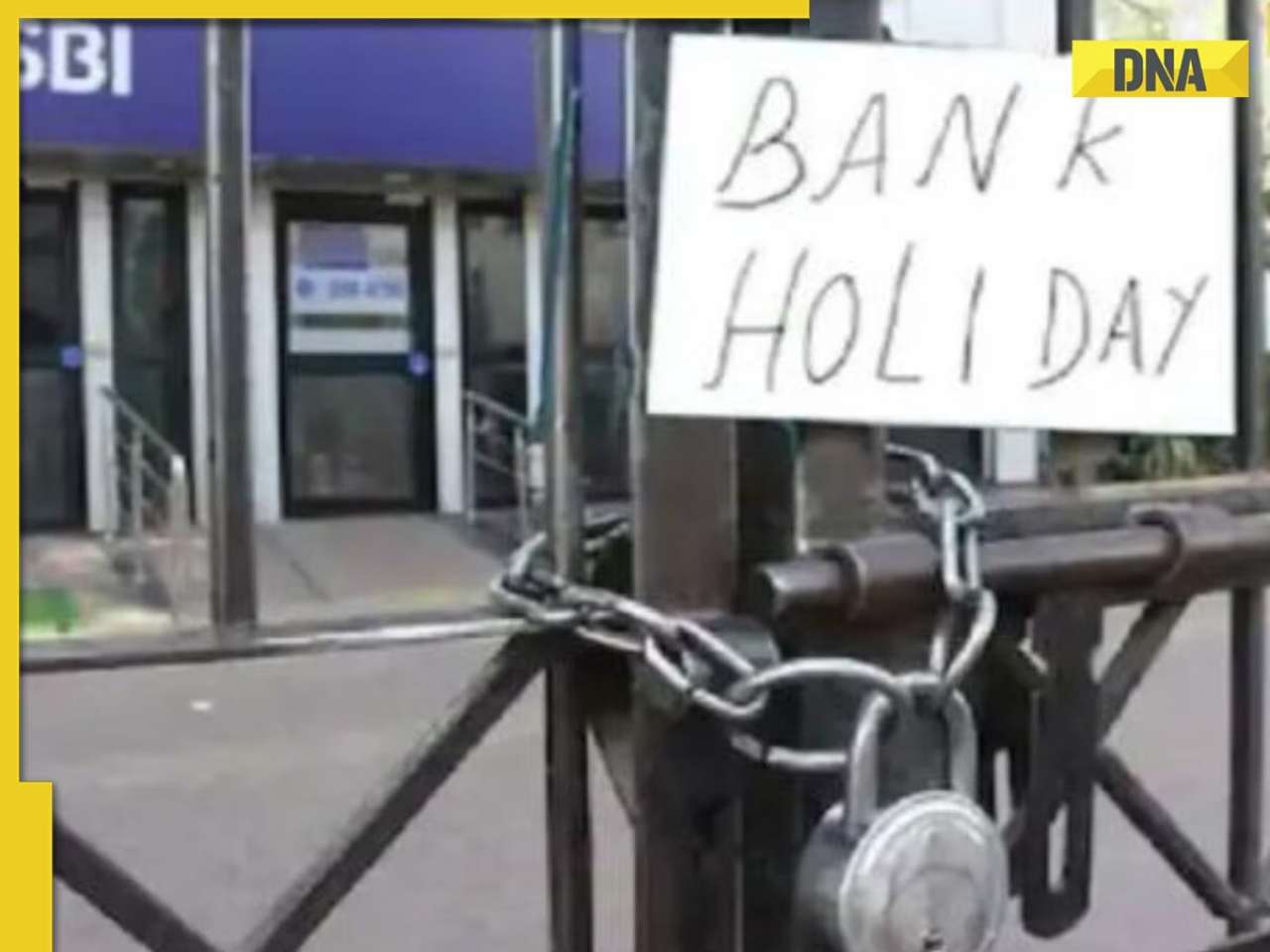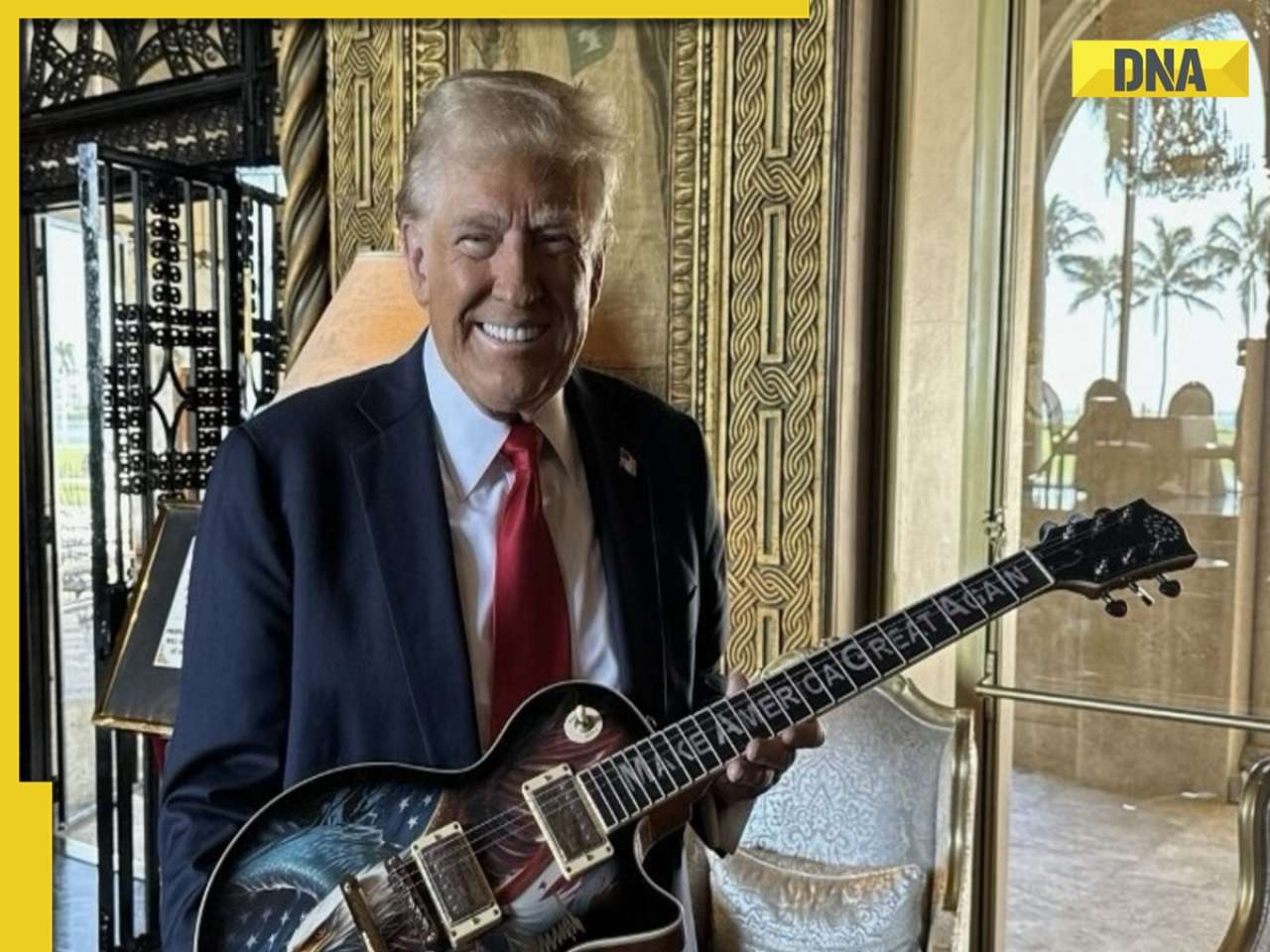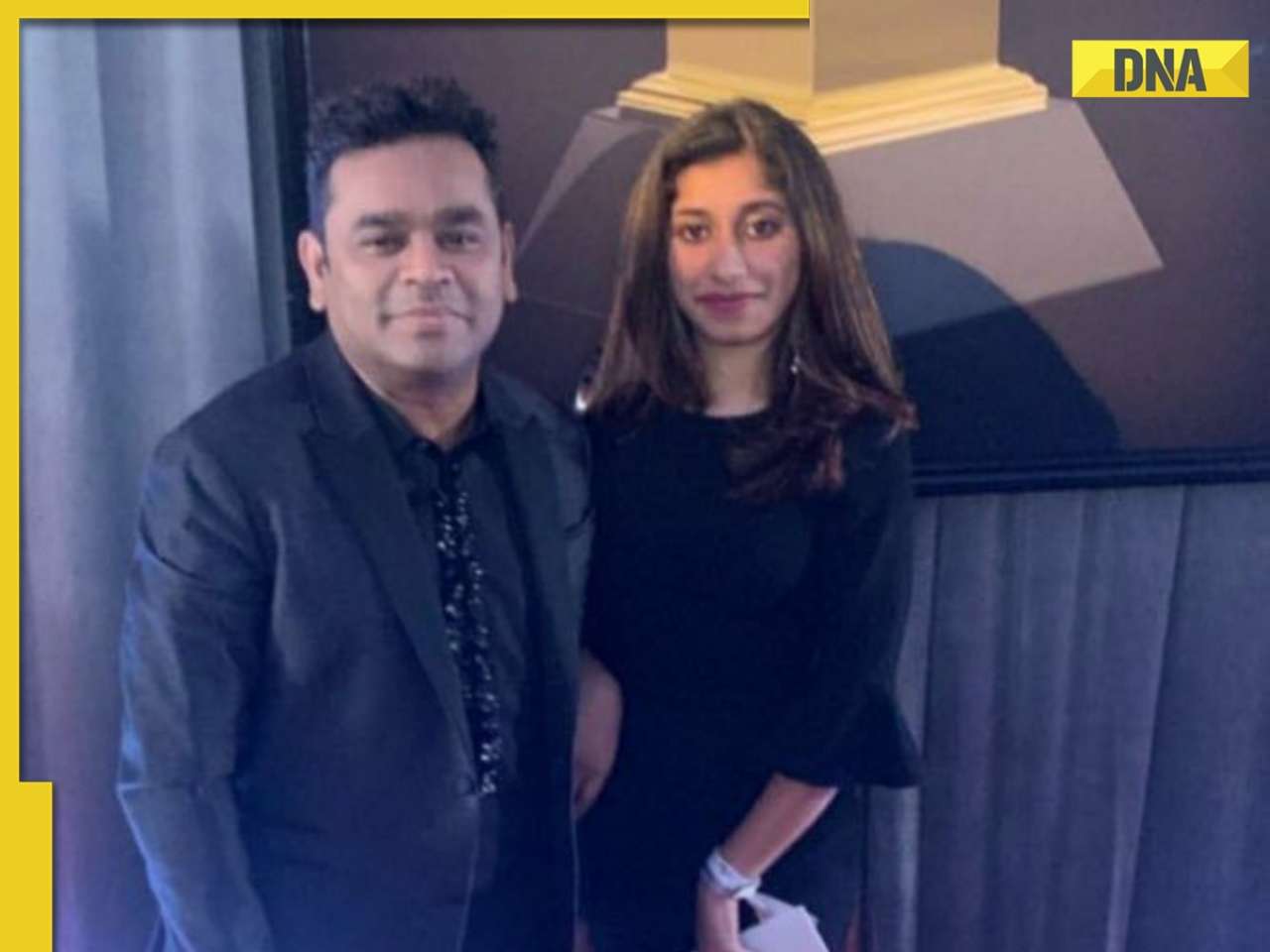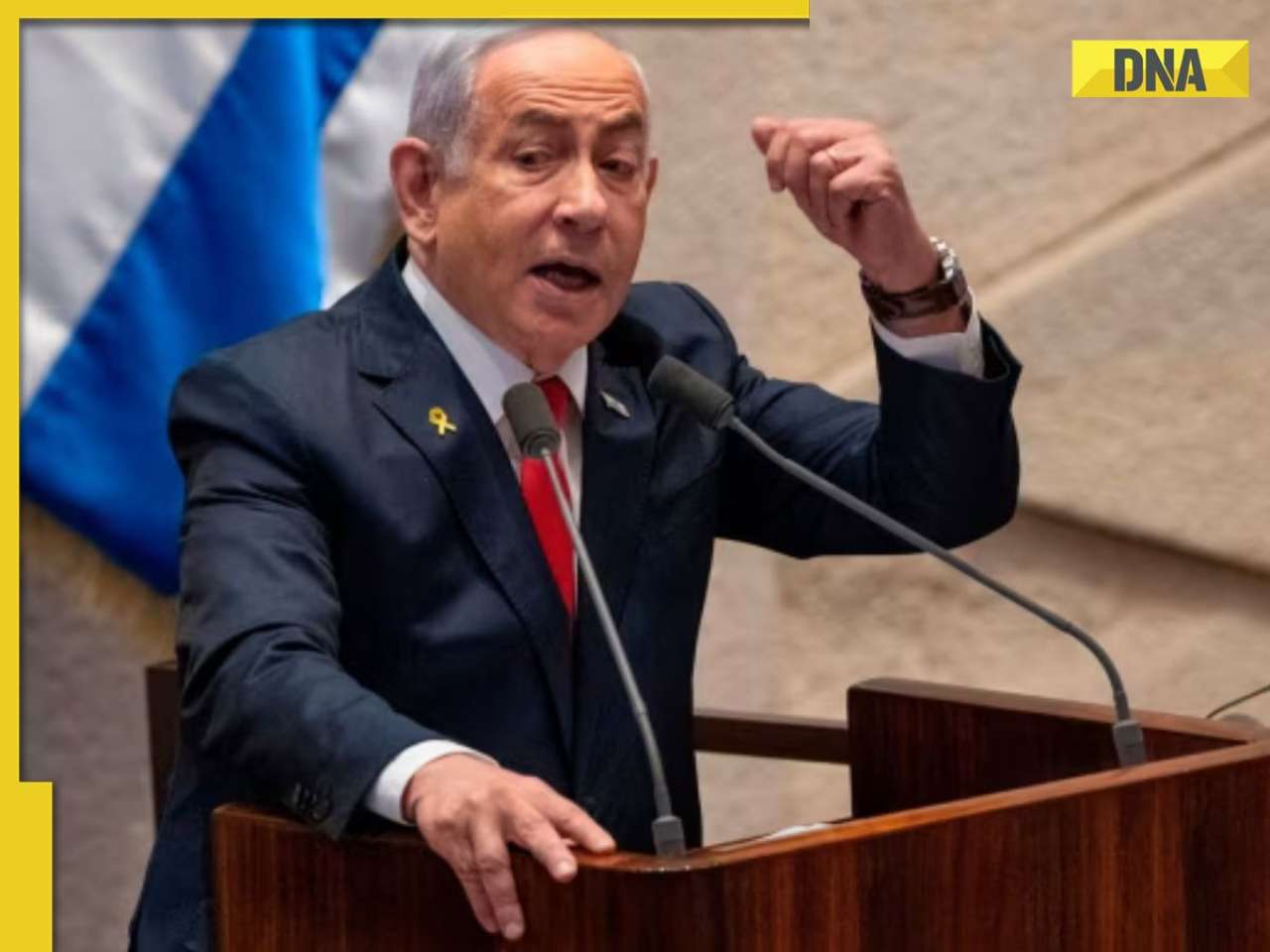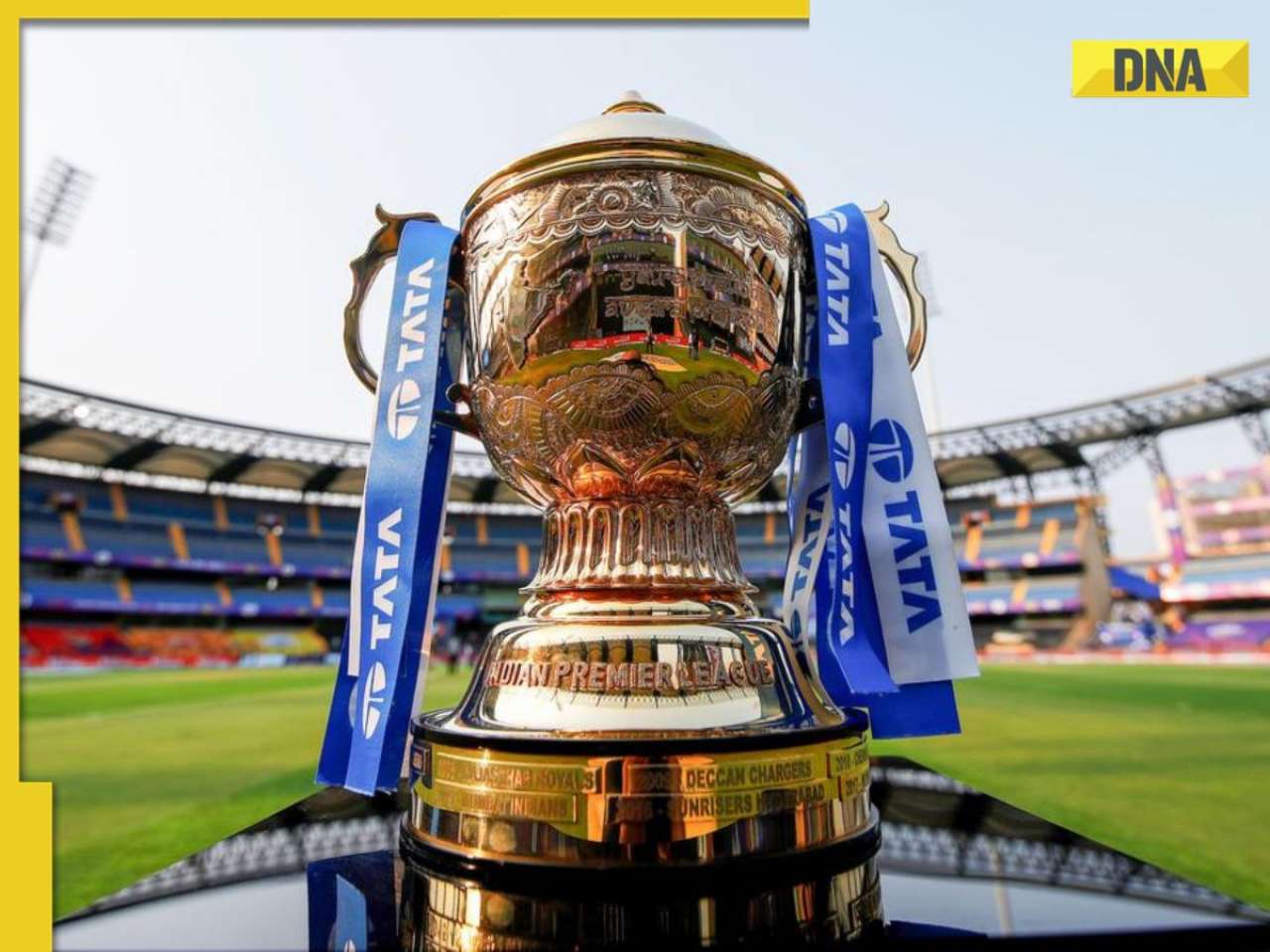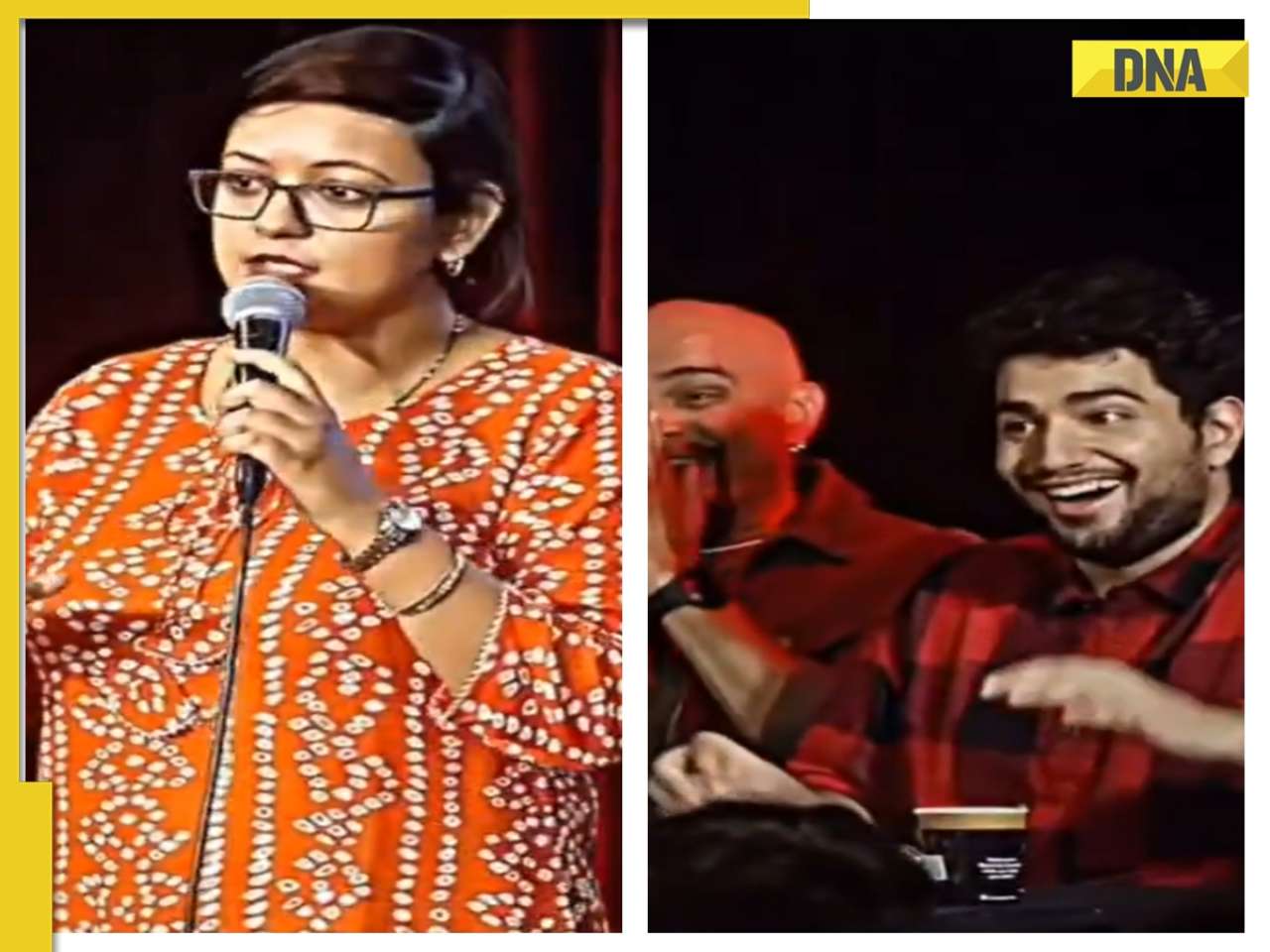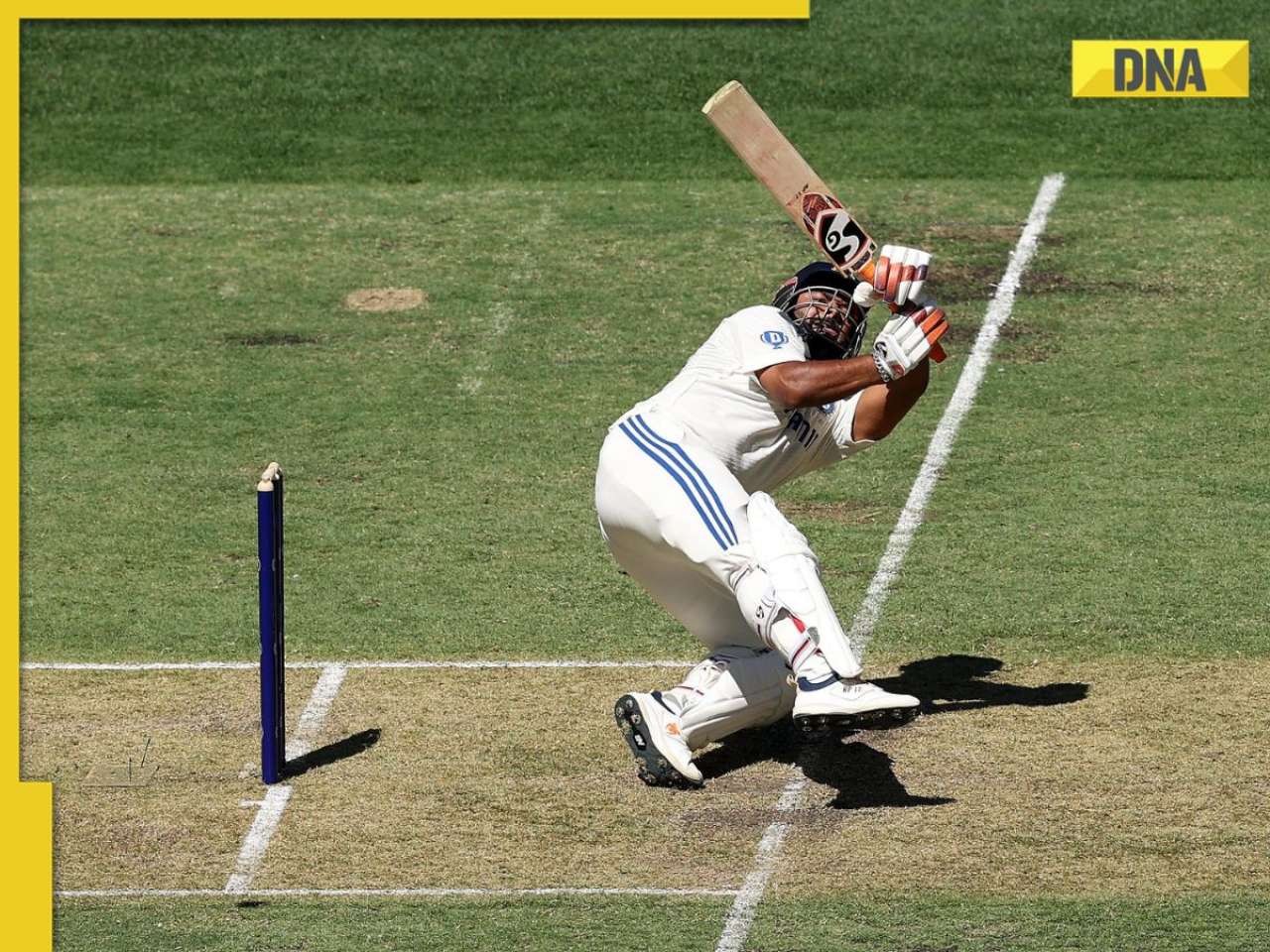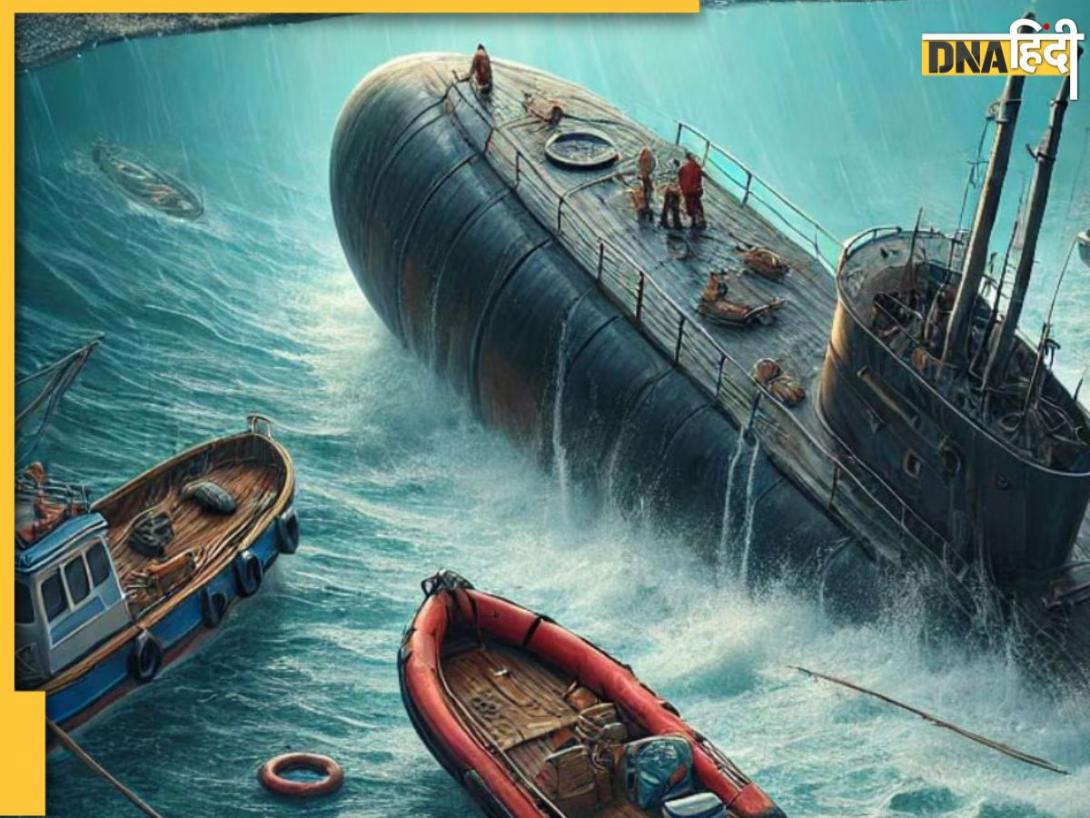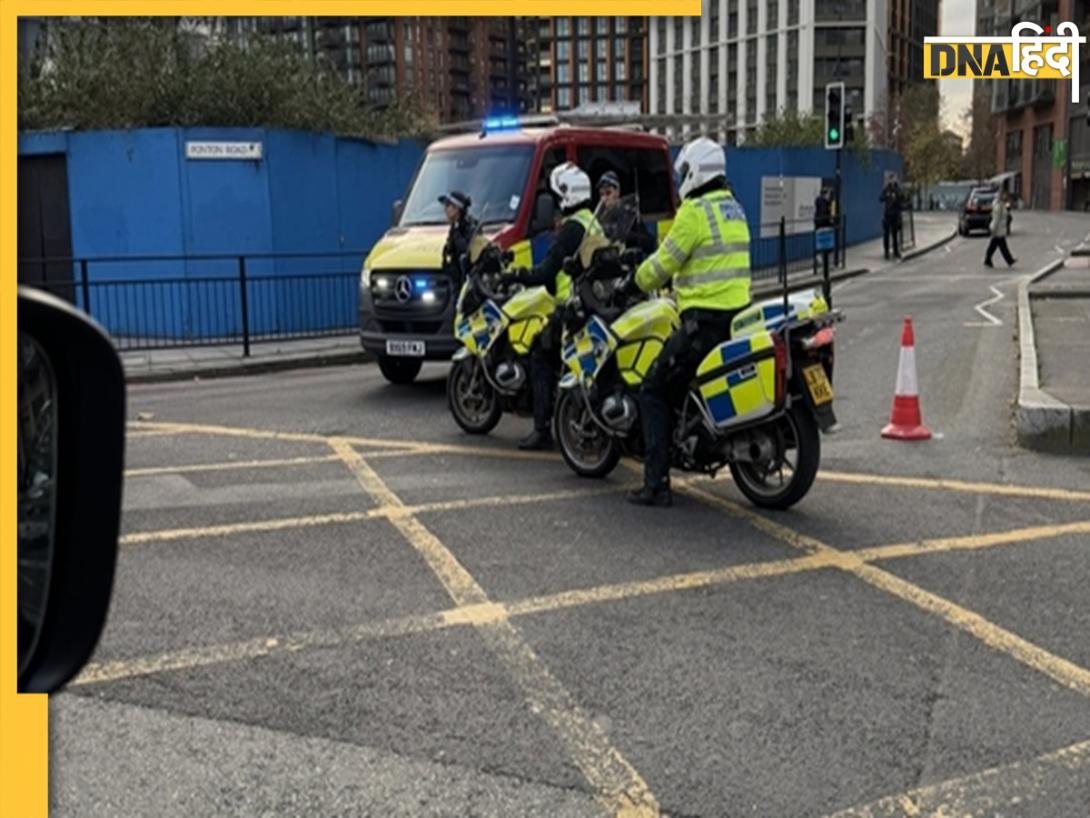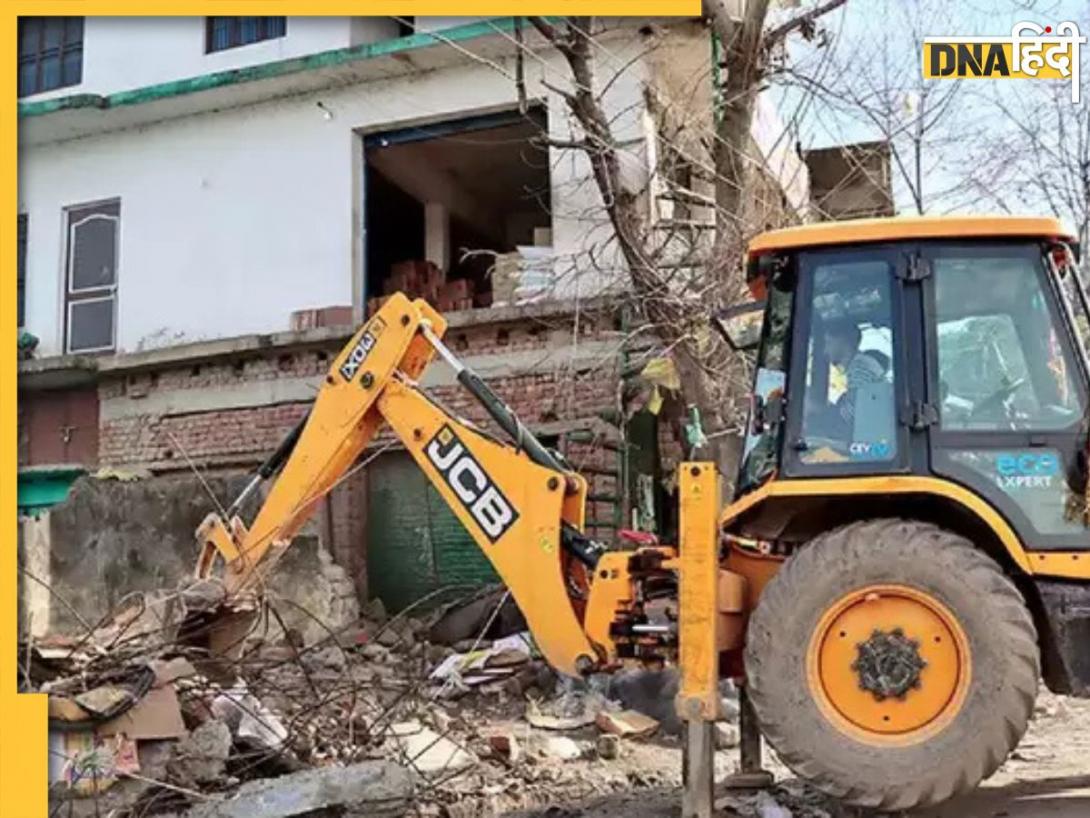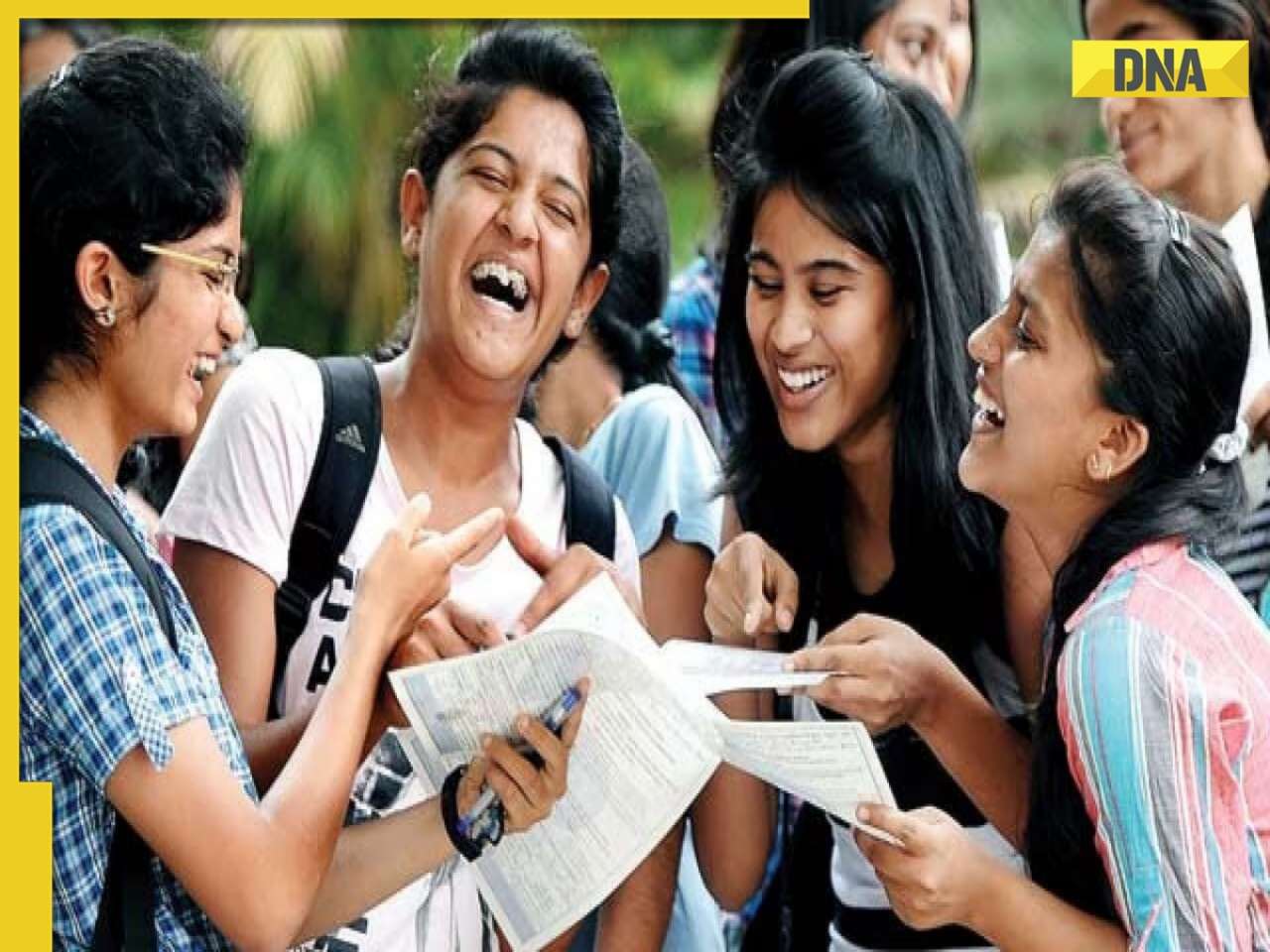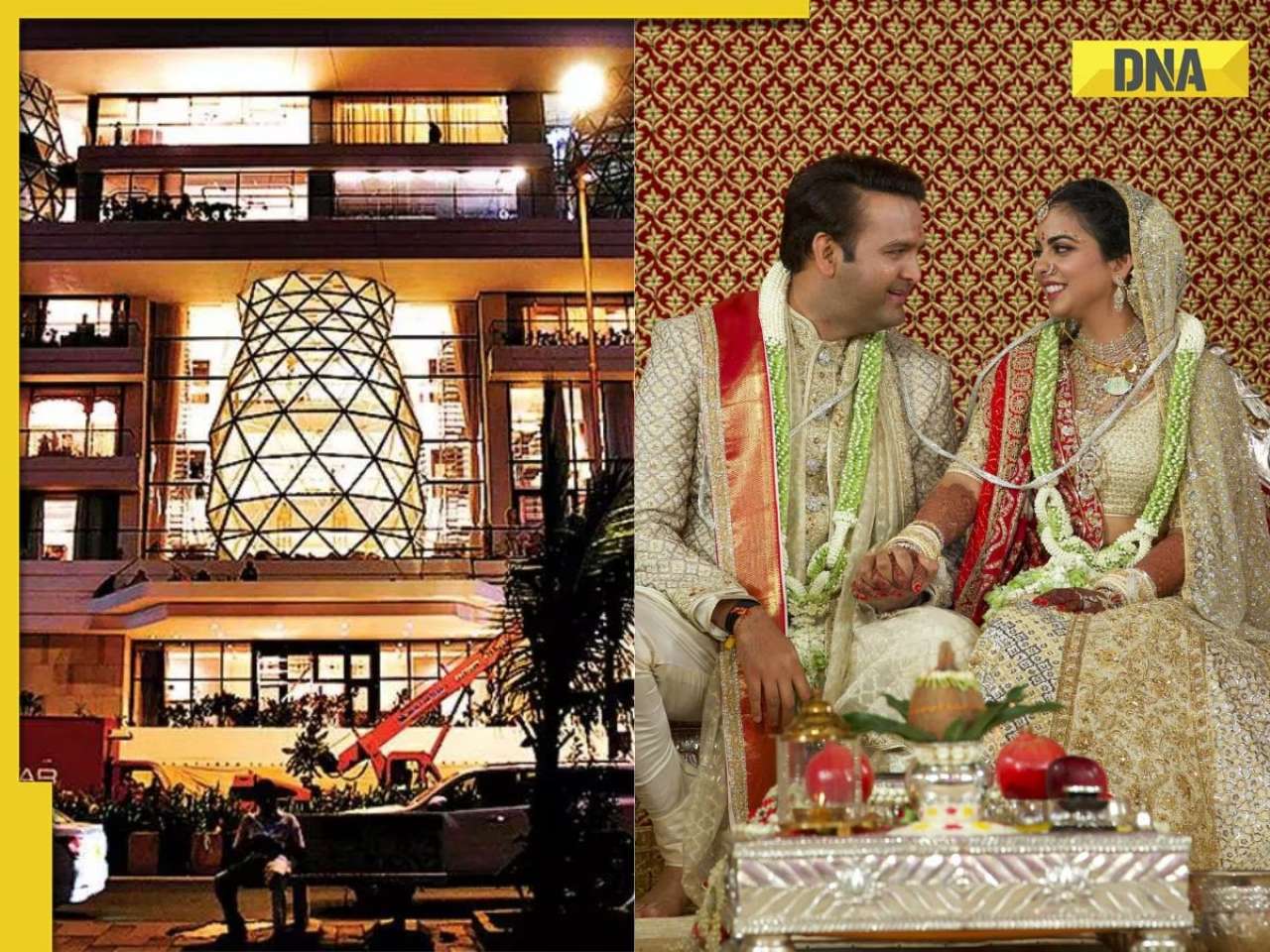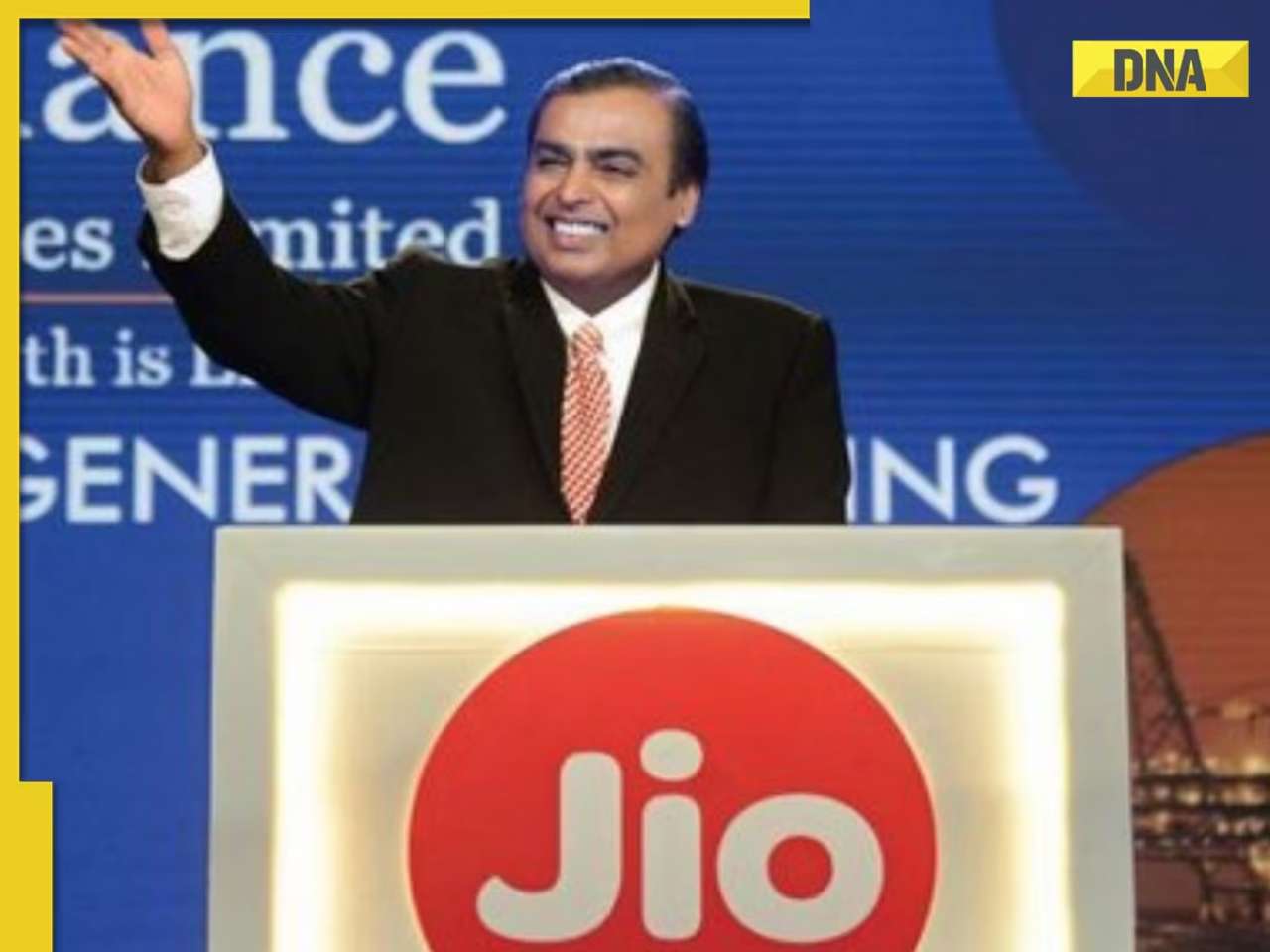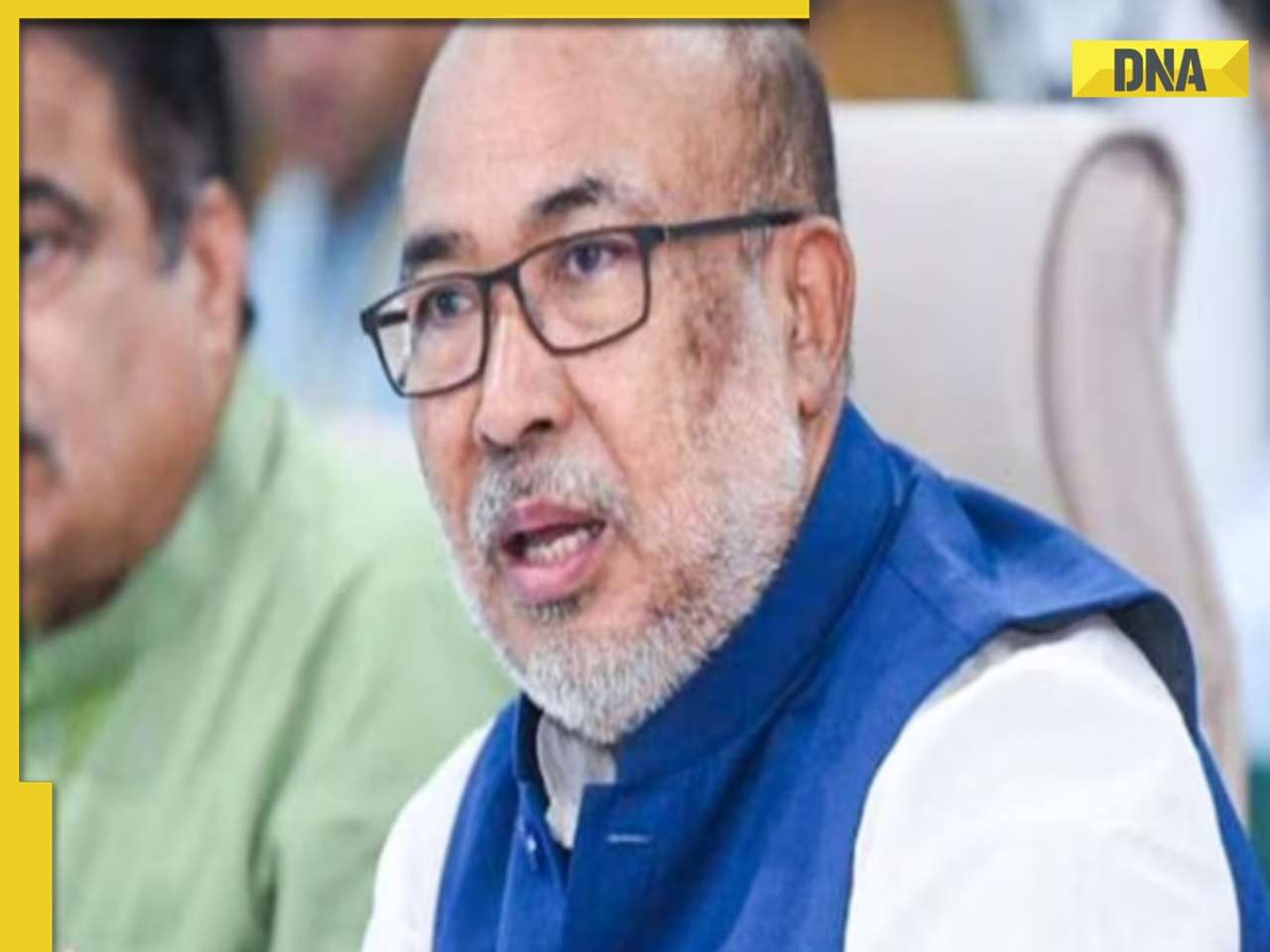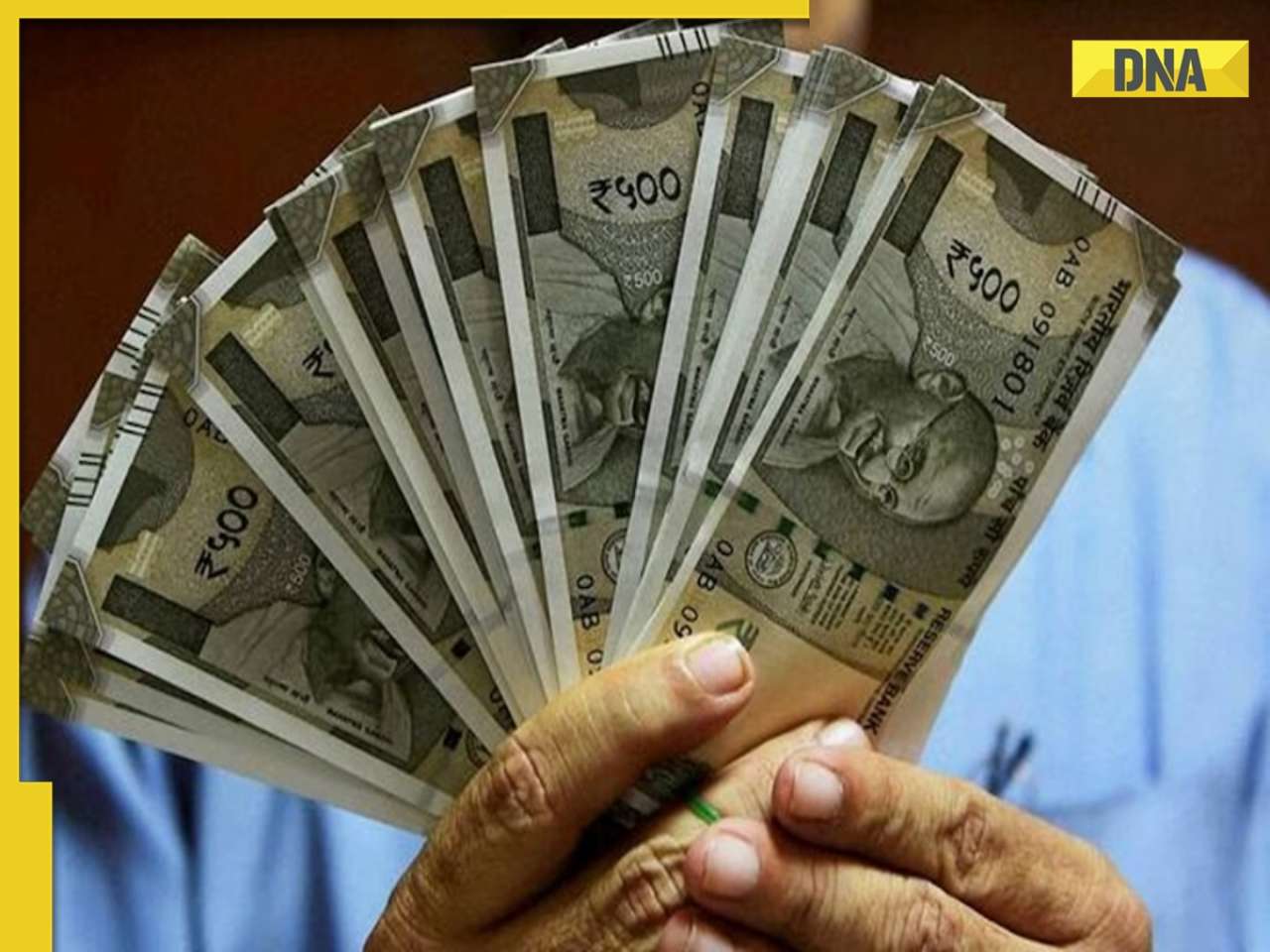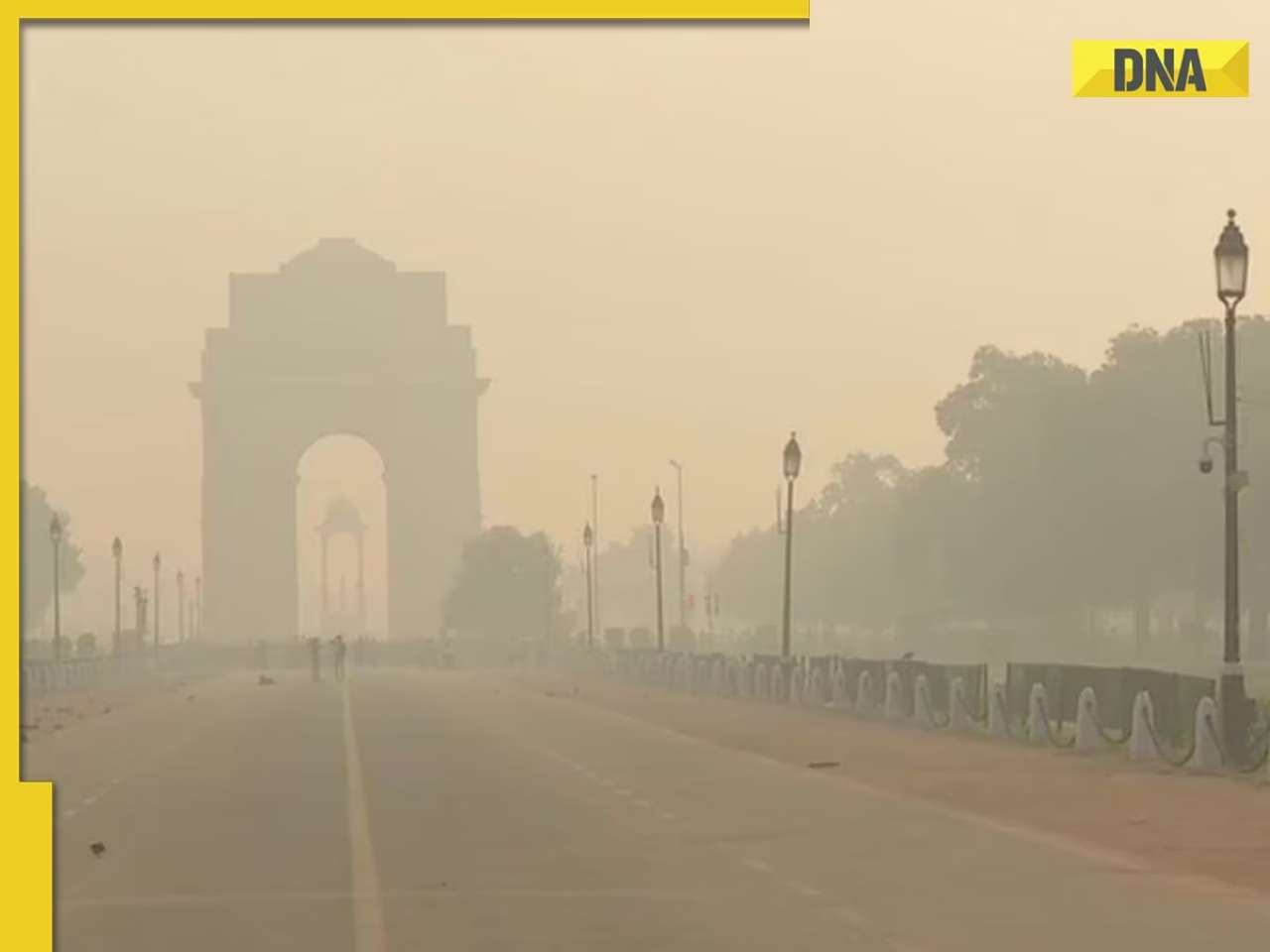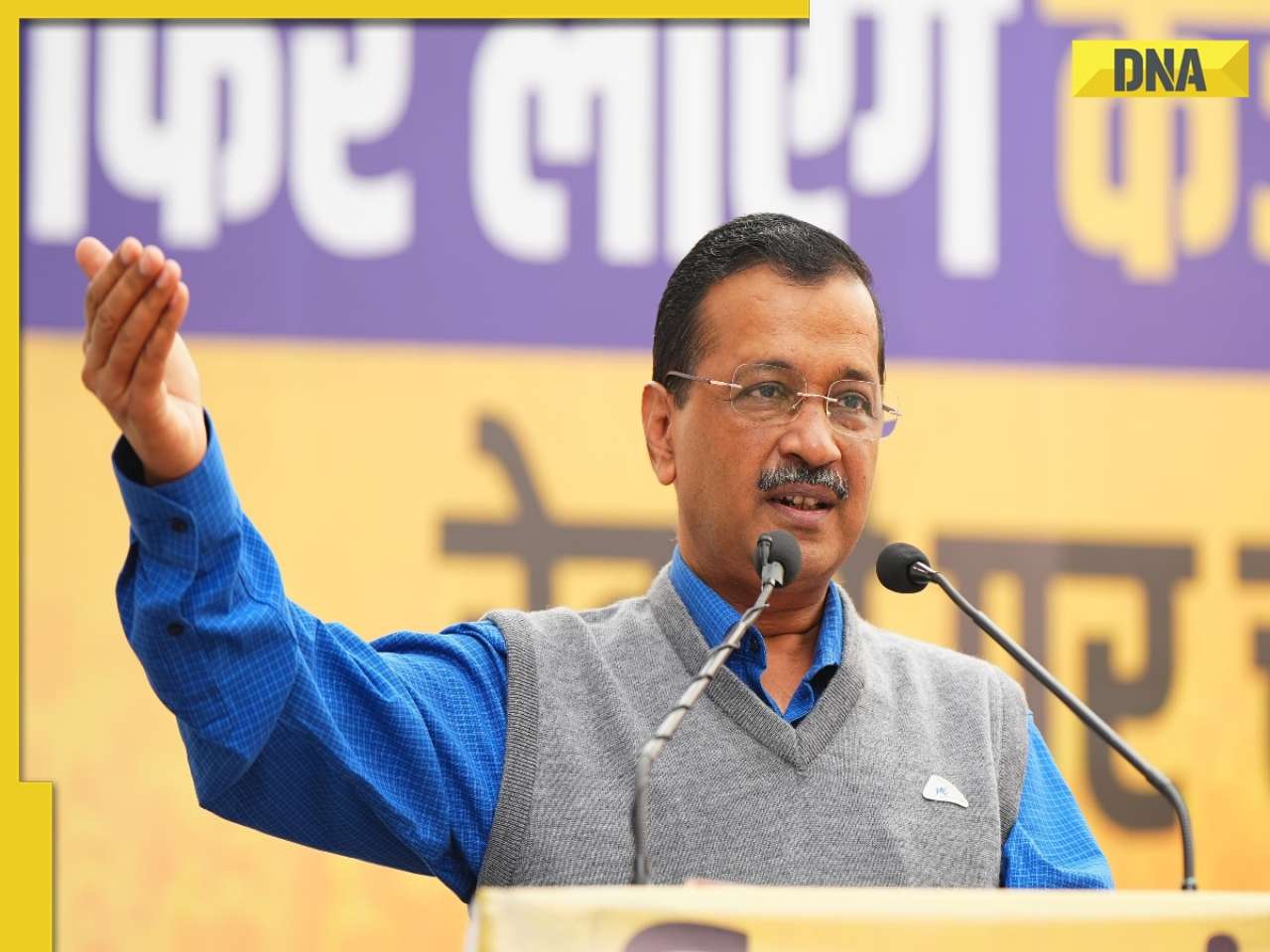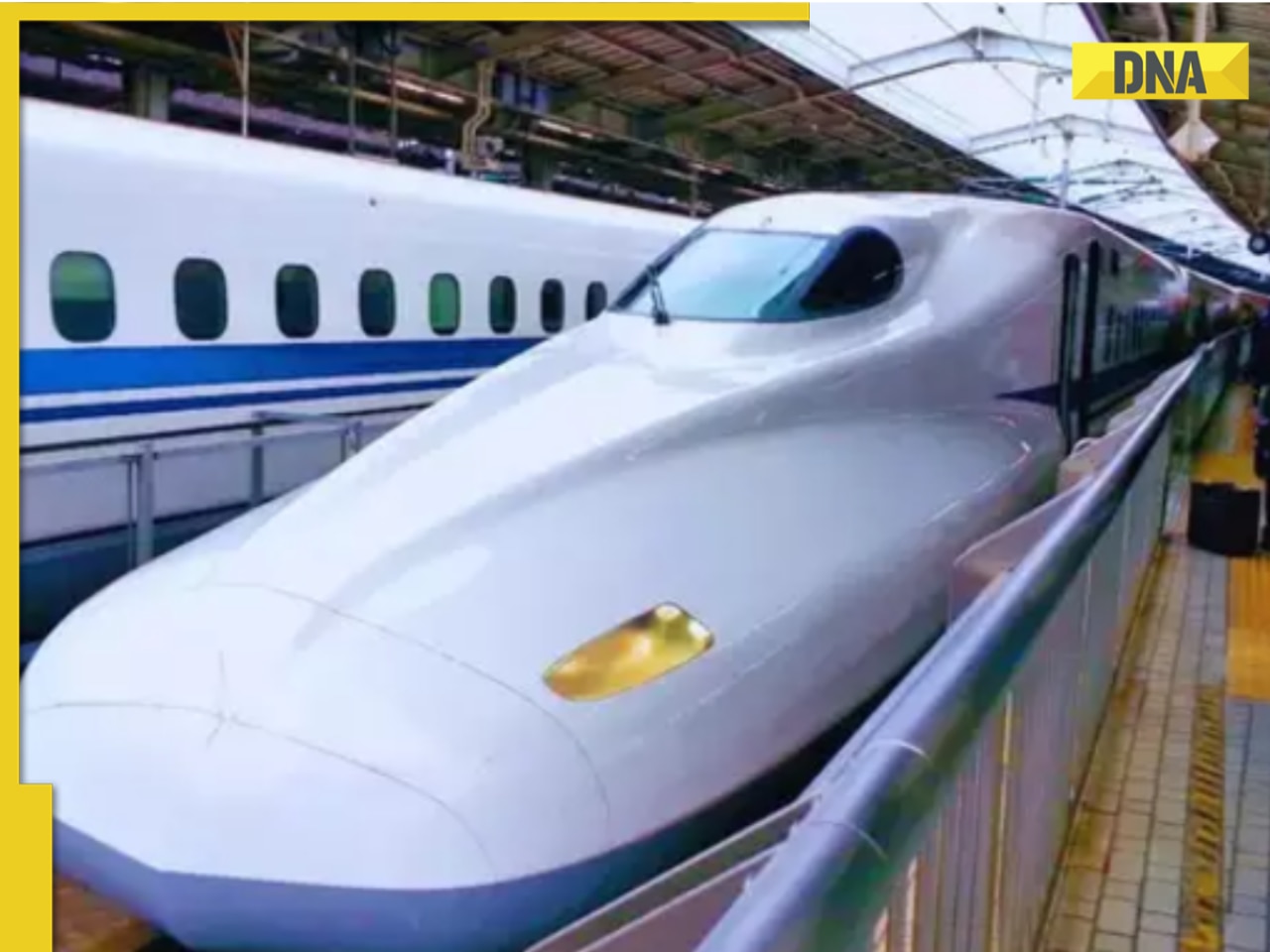- LATEST
- WEBSTORY
- TRENDING
ANALYSIS
#Article370: History of broken promises
Article 370 is a pact that the Congress, in league with Kashmir’s elite, has routinely violated
TRENDING NOW
The Union minister Jitendra Singh recently floated a trial balloon on scrapping Article 370. Predictably, such a comment sparked a heated debate in political circles. But here’s the hard truth: The acrimonious relations between Srinagar and New Delhi — going beyond this controversial Article — are historically beset with broken promises and lack of trust, which often manifest in violent outbursts.
The Article 370 was negotiated as a temporary provision because until the 1960s, the Government of India’s stated policy was to conduct a plebiscite to determine the future of Jammu and Kashmir. Accordingly, a Government of India sponsored White Paper on Jammu and Kashmir in 1948, authored by Sardar Vallabhbhai Patel, recorded: “In accepting the accession, the Government of India made it clear that they would regard it as purely provisional until such time as the will of the people of the State could be ascertained.” The Constituent Assembly debates show both Patel and Syama Prasad Mookerjee had fully approved Article 370, which accords special status to Jammu and Kashmir.
Jammu and Kashmir is the only state in the Union of India, which negotiated the terms of its membership with the Union. The ruler of Jammu and Kashmir had acceded to India by an Instrument of Accession on October 26, 1947, in respect of only three subjects — defence, foreign affairs and communications. A schedule listed precisely 16 topics under these heads plus four others (elections to Union legislature and the like). Clause 5 said that the Instrument could not be altered without the state’s consent. Therefore, Article 370 was a solemn compact — with neither side mandated to amend or abrogate it unilaterally — except in accordance with the terms of that provision. While all the provisions of Indian Constitution were debated in the Constituent Assembly after deliberations in its Drafting Committee, Article 370 was discussed for five months by Nehru and his colleagues including Sheikh Abdullah, then Prime Minister of J&K.
In league with Srinagar’s ruling elite, successive Congress governments have violated this solemn compact, creating mistrust and uncertainty in Kashmir. Legal luminary AG Noorani in his book Article 370: A Constitutional History of Jammu and Kashmir documents how the Article was tampered to the extent that only husk has been left. Noorani’s book mentions the first “unfortunate breach” by N Gopalaswamy Ayyangar on October 16, 1949, in unilaterally altering the draft agreed to with Sheikh Abdullah and Mirza Afzal Beg. If the original agreed-upon draft had been approved, the ouster of Sheikh Abdullah later in 1953 would have been impossible.
Jammu and Kashmir has been relegated to a status inferior even to other states. Consider this: Parliament had to amend the Constitution four times to extend the President’s Rule imposed in Punjab. In the case of Jammu and Kashmir, the same was accomplished, from 1990 to 1996, by mere executive orders under Article 370. The Article was also freely used not only to amend the Constitution of India but also of the state. On July 23, 1975, an order was made debarring the state legislature from amending the state Constitution on matters in respect of the governor, the election commission and even “the composition” of the Upper House, the Legislative Council.
Another case further illustrates the capacity for abuse. On July 30, 1986, the President made an order under Article 370, extending to Kashmir Article 249 of the Constitution in order to empower Parliament to legislate even on a matter in the state list on the strength of a Rajya Sabha resolution. Ironically, concurrence to this was given by the Centre’s own appointee, governor Jagmohan. Former law secretary of J&K, GA Lone described how the “manipulation” was done “in a single day” against his advice and “in the absence of a Council of Ministers”.
Article 370 cannot be abrogated or amended by taking recourse to the amending provisions of the Constitution. For, in relation to Kashmir, Article 368 has a proviso which says that no constitutional amendment “shall have effect in relation to the state of Jammu and Kashmir” unless applied by Order of the President, that requires the concurrence of the state government and ratification by its Constituent Assembly. With the Assembly’s dispersal on November 17, 1956, after adopting the Constitution of Jammu and Kashmir, there is no authority left to recommend its abrogation.
When May 1996 Parliamentary elections in the state — the first since 1989 — were marred by the boycott call by separatists and coercive voting, the central government offered a bait to the lone mainstream party — the National Conference — to participate in the assembly polls. The NC leader Dr Farooq Abdullah, cooling his heels in London, was adamant in seeking Constitutional changes before committing to take the plunge into the electoral process. His hesitation stemmed from the famous “sky is the limit” observation of Prime Minister PV Narasimha Rao from Burkina Faso to underline that any kind of future arrangement for Kashmir could be discussed.
A year earlier in 1994, Dr Abdullah was part of a delegation to Geneva to persuade Iran to drop the Organisation of Islamic Countries (OIC) resolution at the UN Commission on Human Rights (UNCHR), later rechristened as Human Rights Council, condemning India for human rights violations in Kashmir. The resolution, with UNCHR approval, was to be referred to the UN Security Council for initiating economic sanctions and other punitive measures against India.
Privately, Dr Abdullah says, he had been offered restoration of Constitutional arrangement that existed prior to 1953. A euphemism for greater autonomy in lieu of saving India from possible disgrace at a time when the country had mortgaged its gold reserves. Dr Abdullah was however, persuaded by Rao’s successor Deve Gowda to participate in the October 1996 assembly elections on the assurance that he was free to pursue legislative process to seek changes in the Constitutional relationship between Srinagar and New Delhi.
Much water has flowed since then. The argument that Article 370 constitutes a psychological barrier between the governing elite in Delhi and the Kashmiri youths is a false one. The real problem lies in Kashmir’s history of rigged elections and foisting unpopular Chief Ministers on the people. Delhi needs to address are these two areas of anxiety and suspicion — and not Article 370.
The author is New Delhi bureau chief of dna.
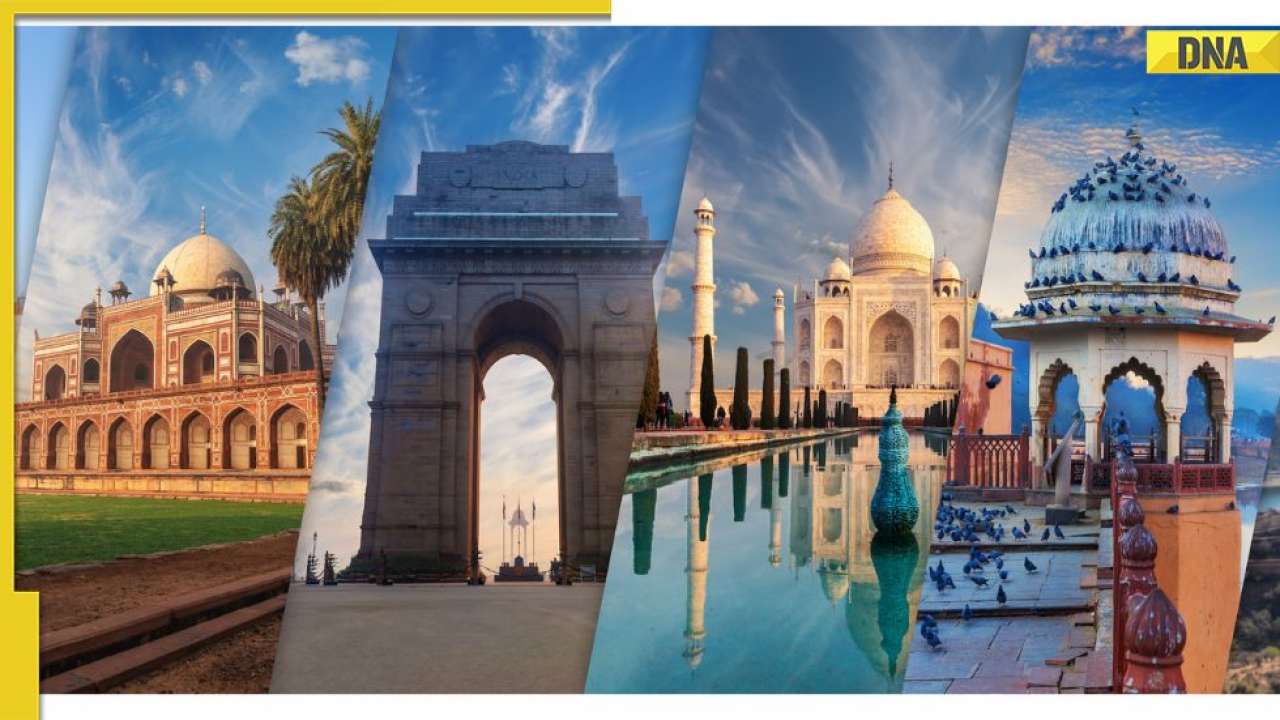






)
)
)
)
)
)
)
)
)
)
)
)
)
)
)
)





